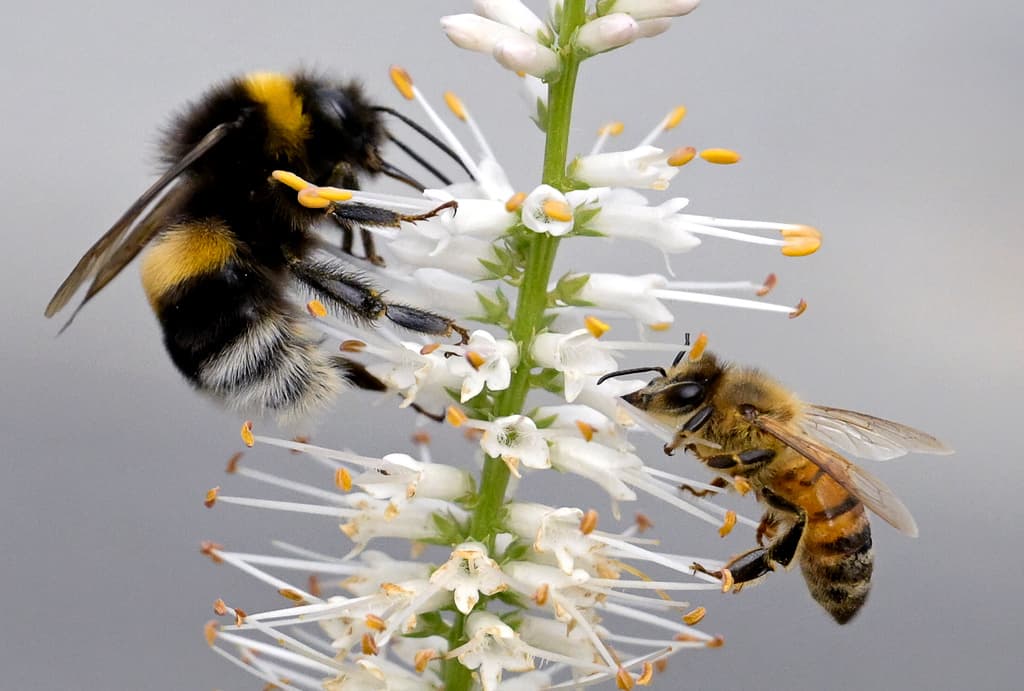The controversial nature restoration law has now been approved in the EU, which the World Wildlife Fund WWF sees as "a major victory for nature".
In Sweden, it will be crucial for, for example, meadows and endangered species, according to an expert.
We believe this can be a paradigm shift, both for handling the crisis of biological diversity and for the climate, says WWF's nature conservation expert Emelie Nilsson.
Now there are timed goals to live up to the commitments. This has not existed for biological diversity at the EU level before.
That Sweden continued to say no until the end is regrettable, according to Emelie Nilsson.
But now they have no choice, they must now implement the law, she says.
There is great flexibility for member states, this is primarily formulated as goals that will then be formulated into national restoration plans. The next step for us is to work to influence so that it becomes an ambitious plan for Sweden.
"A day of joy"
Alexandre Antonelli, professor of biological diversity at the University of Gothenburg, believes that the approval of the law is a major step forward in reversing the rapid loss of species.
This is a day of joy for nature, he says.
In Sweden, the law will be important for several degraded natural habitats, according to Antonelli:
It's about, for example, wetlands, meadows and open environments such as natural pastures and heathlands. By restoring them, we can turn the situation around for many endangered species. And in the long run, there is also a need to restore other natural areas such as forests.
The restoration of damaged nature benefits not only biodiversity but also society as a whole, emphasizes Alexandre Antonelli.
Benefits the whole society
This is because nature's ability to deliver various ecosystem services to humans is improved.
It helps us with things like water purification, pollination services for agriculture, and reduced leakage of nutrients causing eutrophication. It also provides opportunities for outdoor activities and tourism, says Antonelli.
He also points out that restored forests and wetlands can bind more carbon dioxide and thus benefit the climate.
The law is also important, emphasizes Antonelli, for being able to realize the UN's new "rescue plan" for nature, the so-called Kunming-Montreal framework, which Sweden and other countries have signed.






